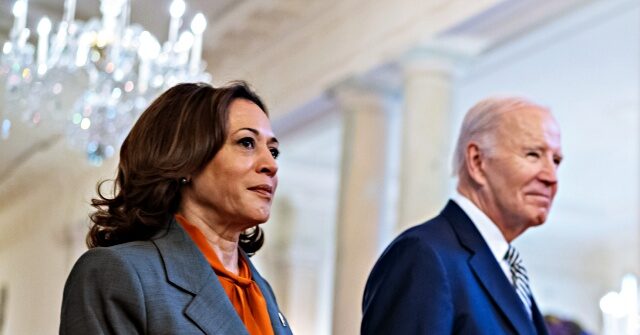On the recent episode of CNN’s “AC360,” host Christiane Amanpour examined Israel’s military strikes on Iran, emphasizing that these strikes successfully avoided targeting Iran’s oil facilities. This strategic decision was spotlighted against a backdrop of concerns regarding global oil supply disruptions, which could have far-reaching implications for the world economy. Amanpour pointed out that the United States appeared hesitant to allow any further escalation that might jeopardize oil availability on the global market. The commentary underscored how the intersection of military action and economic stability plays a critical role in decisions made by nations.
Anderson Cooper, another prominent figure on the show, highlighted the vulnerability of the oil facilities in Iran, suggesting that they were significantly less fortified than Iran’s nuclear sites. He noted that while Israel asserted these facilities were not in their crosshairs, the potential for considerable economic damage remains high if such infrastructures were targeted. Cooper emphasized that the nature of the facilities made them relatively easy to strike compared to the heavily secured nuclear installations, raising questions about the decision-making processes behind such military strategies.
Amanpour also touched upon the broader geopolitical context surrounding these strikes, highlighting concerns about airspace usage over multiple Arab nations. She mentioned that Israeli planes likely required permission to traverse these regions, pointing to the delicate diplomatic balance in the Middle East, especially given Iran’s history of issuing threats against neighboring countries. This complexity adds layers of risk to military operations and illustrates the extent to which regional politics impacts international relations and military actions.
A critical aspect of the discussion was the technology and military capability limitations regarding attacking Iran’s nuclear sites. Amanpour indicated that the conventional military options available to Israel might not be adequate to comprehensively address the nuclear threat posed by Iran. Instead, specific munitions and advanced delivery systems, typically only utilized by the United States, are seen as essential for effectively targeting these crucial locations. This disparity suggests a potential strategic deadlock, where options for addressing the challenges posed by Iran remain constrained.
The implications of missile attacks and Revolutionary Guard activities were also raised, as Amanpour speculated on the potential escalation of conflict. She questioned how close confrontations might progress toward affecting the regime and broader stability in the region. The mention of ballistic missile options underlines the ongoing tension and the prospect of a greater military confrontation, which remains a significant concern for not only the parties directly involved but also for global observers.
The overarching theme of the discussion reflected on the intricate balance between military strategy and economic stability in the context of Middle Eastern conflicts. The delicate landscape necessitates that countries tread carefully, as miscalculations could lead to cascading effects on markets and long-standing geopolitical alliances. The conversation concluded with a recognition of the complex interplay of regional dynamics, international involvement, and potential for escalation that defines the current state of Israel-Iran relations. As these narratives unfold, they highlight the precarious nature of global politics in an increasingly interconnected world.

